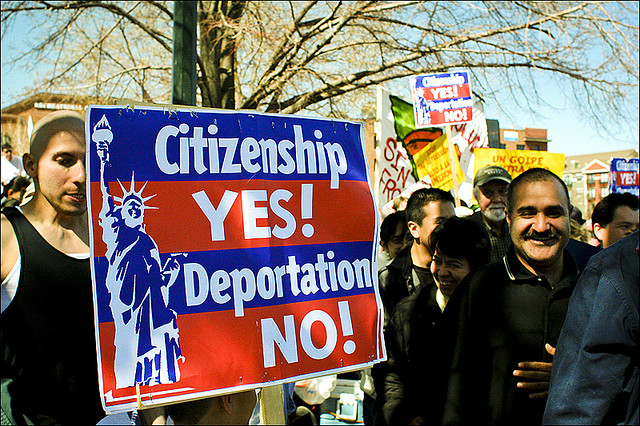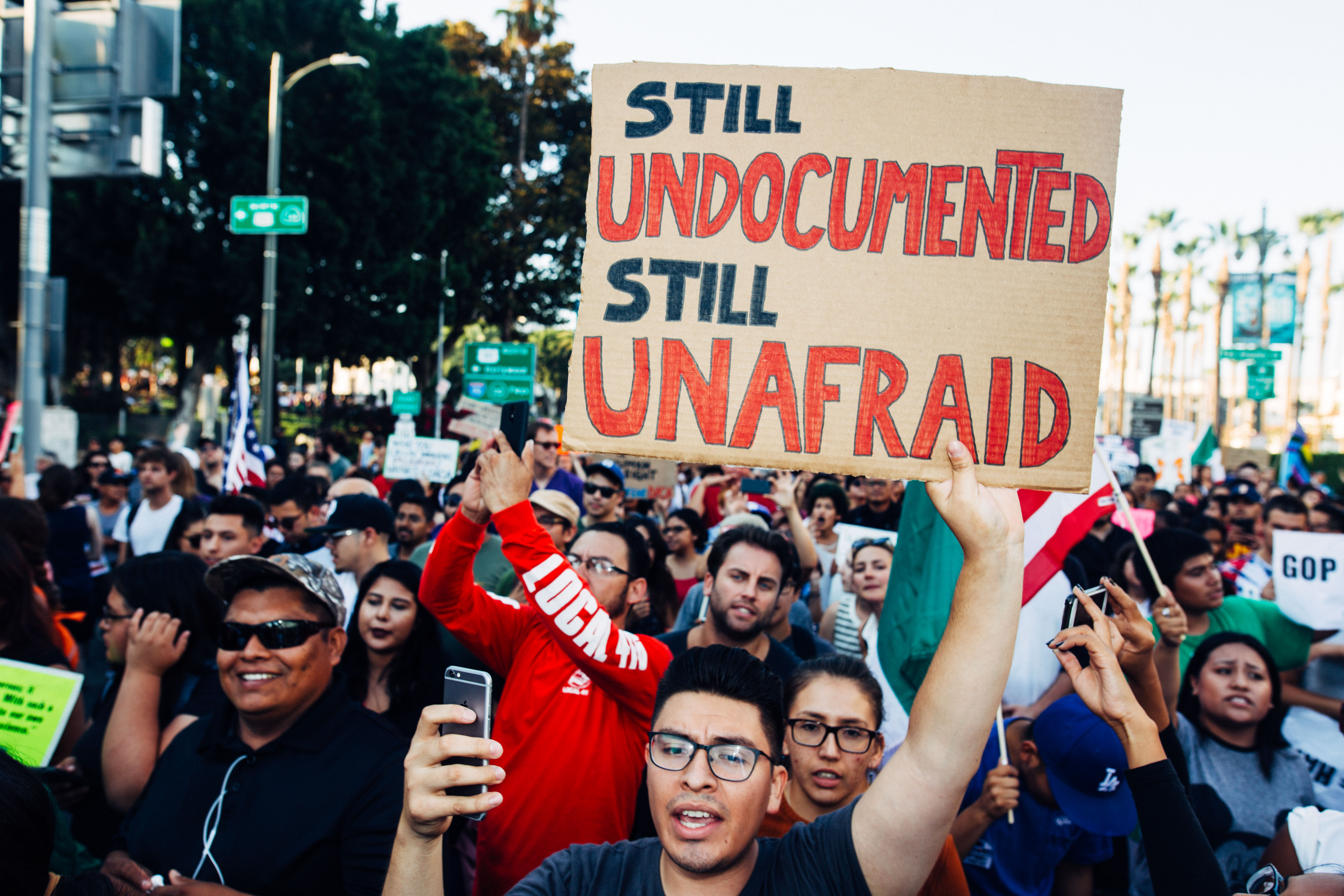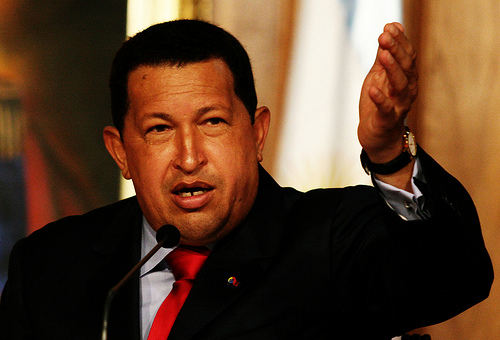Blog
Center-Right Candidate Sebastián Piñera Wins Run-Off Election; Concertación Voted Out Of Presidency For First Time Since 1990
January 18, 2010 By Roque Planas
With only 60 percent of the votes counted, center-left Eduardo Frei of the Concertación coalition conceded defeat to Sebastián Piñera of the Coalición por el Cambio, bringing the right to the Chilean presidency for the first time since the dictatorship of Augusto Pinochet.
It is the first time Chileans have elected a right-wing candidate since Jorge Alessandri won the presidency in 1958, running as an independent.
Piñera has sought to distance himself from the legacy of Pinochet, saying that he voted against extending Pinochet’s mandate in a pivotal 1988 referendum that led to the restitution of democracy in Chile.
Piñera’s association with Pinochet nevertheless became a major issue as the presidential race drew to a close. According to the Associated Press, “Pinera led by a wide margin throughout the race, which tightened only after Frei and Bachelet repeatedly invoked the legacy of Pinochet, whose dictatorship was supported by the same parties that back Pinera.”
The historic importance of the election notwithstanding, few policy exchanges are expected. As this writer reported for the World Politics Review,
Broadly speaking, the two candidates differ little in terms of economic policy, reflecting the fact that the ideological chasm that characterizes the Andean political spectrum does not exist in centrist Chile. Left-wing Frei supports the country’s neoliberal economic model, while right-wing Piñera pledges to maintain the Concertación’s social safety net.
As an Economist Intelligence Unit report published last month put it, “A Piñera victory would bring no substantive shift in Chile’s economic model, as there is strong consensus across the political spectrum over economic policy.”
Piñera will face a Concertación majority in Congress.
Piñera’s primary campaign item is his pledge to lift economic growth back up to 6 percent, after slumping to 3.2 percent before the onset of the economic crisis, according to figures from the Economist Intelligence Unit.
According to the Associated Press,
Other promises include privatizing 20 percent of state-owned Codelco, the world’s biggest copper producer, and hiring 10,000 new police officers and pushing for renewable energy and improvements in public education.
Socially, he said he would expand legal rights for gay and lesbian couples, but draw the line against same-sex marriage or adoption. He’s also against euthanasia and abortion, which remains illegal in all cases in Chile.
Chile’s election has touched off speculation of a center-right renaissance throughout Latin America. See, for example, writer and political commentarist Álvaro Vargas Llosa’s recent article “Latin American Presidential Elections Tilting Right.”



